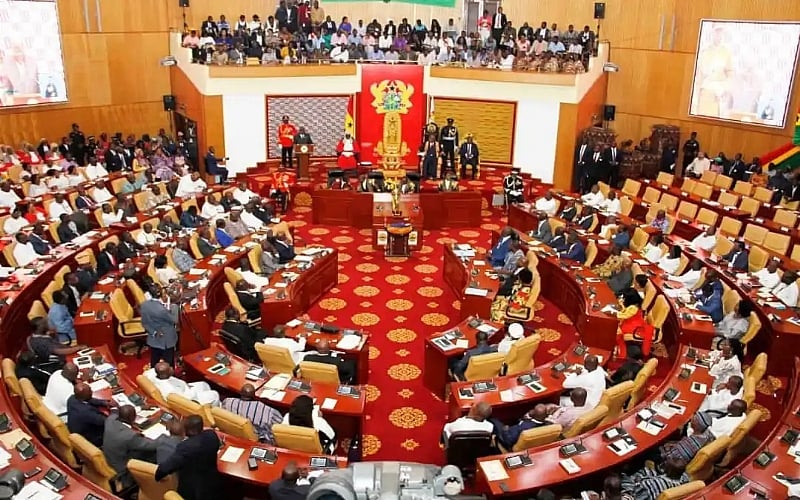In Ghana, Members of Parliament (MPs) have increasingly deviated from their core constitutional mandate: the enactment of laws, oversight of the executive, and representation of their constituents in the legislative process. Instead, they are often judged by their ability to meet infrastructural and developmental demands functions that traditionally fall within the domain of the executive or local government authorities.
During election campaigns, many MPs make promises that extend far beyond their legislative role. These include the construction of roads, supply of educational materials, provision of jobs, and funding of community projects. Unfortunately, once in office, the inability of MPs to fulfill such promises leads to dissatisfaction among constituents. This disconnect stems from a fundamental misunderstanding of the role of MPs and the proper functioning of democratic institutions.
As a new government takes office and seeks to reset national priorities, this reset must extend to the functions of institutions, including Parliament. There is an urgent need to realign public expectations with the constitutional roles of MPs. While MPs can and should advocate for development in their constituencies, they should do so through lobbying, policy advocacy, and collaboration with the appropriate government agencies not by acting as direct providers of goods and services.
The increasing and unrealistic demands from constituents have significant implications. Chief among them is the rising cost of election campaigns. Candidates are often compelled to spend vast sums of money to secure votes, leading to a cycle of patronage and, in many cases, corruption. Once elected, some MPs feel pressured to recoup their expenditures, compromising the integrity of public office.
It is time for a national conversation about the true role of Members of Parliament. Strengthening civic education and reinforcing institutional boundaries will not only enhance governance but also protect the democratic process from distortion and decline.


